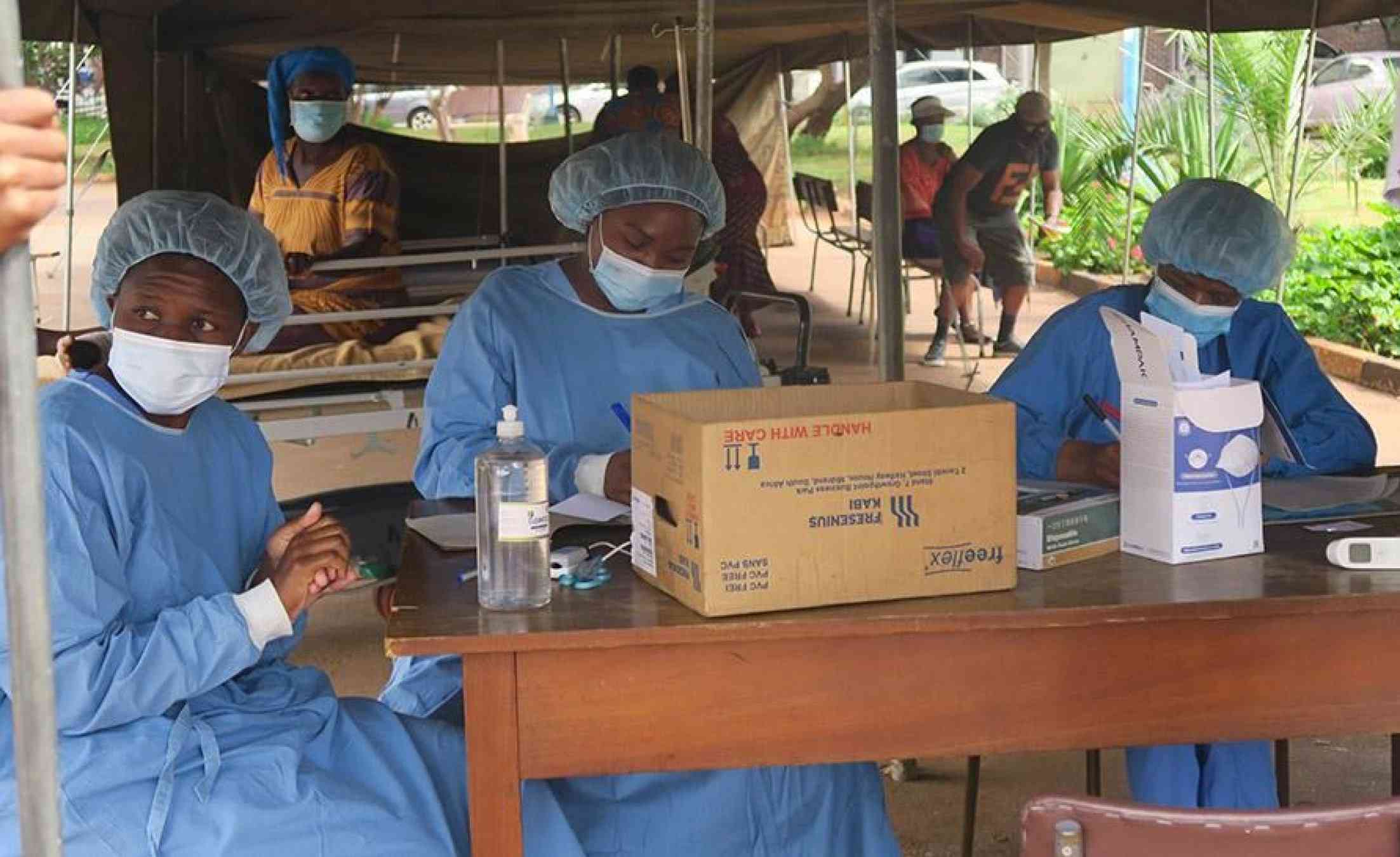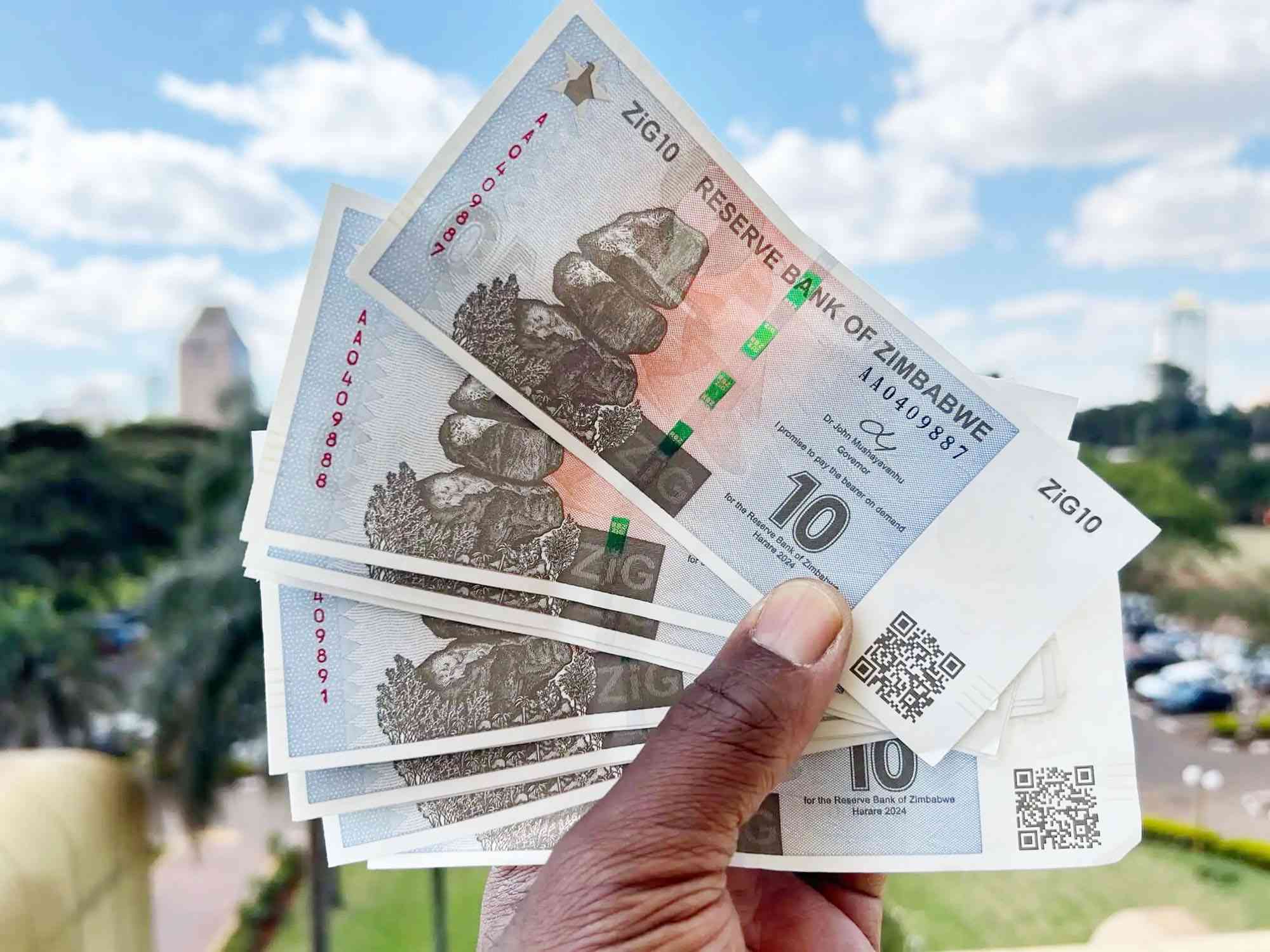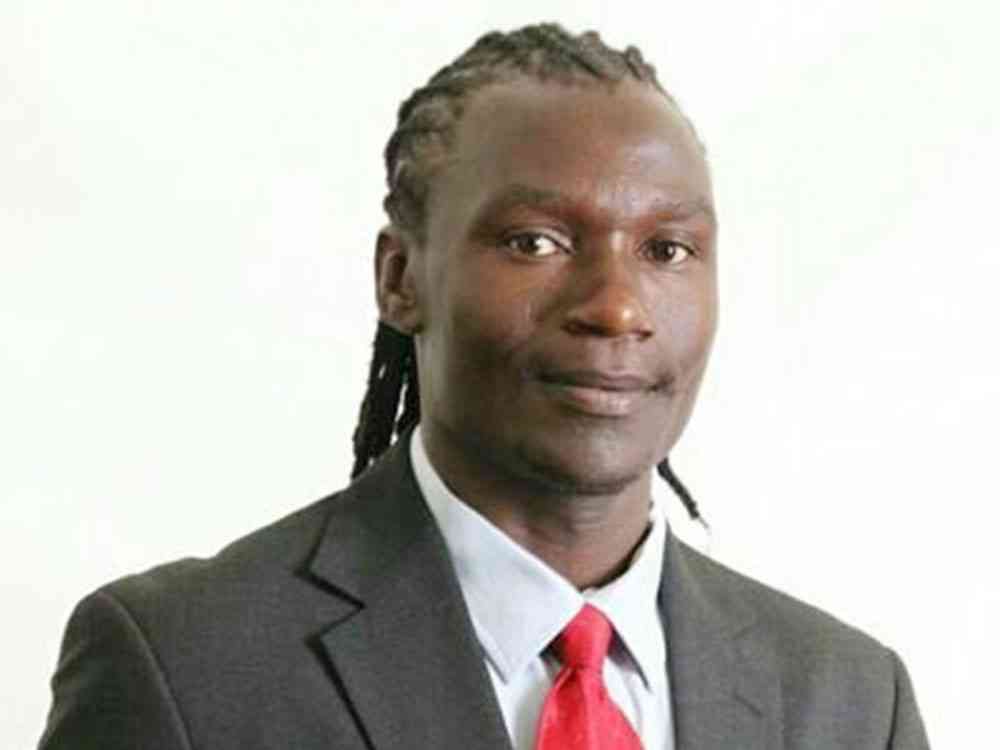
The country’s public health system expended 92% of its first half budgetary allocation on staff costs, leaving little funding for vital interventions like drug and equipment procurement, the Zimbabwe Independent can report.
This was revealed in a report submitted to the Ministry of Finance by the Community Working Group on Health (CWGH) last week. The report spelt out CWGH’s expectations for the upcoming 2025 national budget.
It said Treasury released ZiG2,5 billion during the first half, with ZiG2,3 billion being guzzled by staff costs.
Only about ZiG200 million was deployed into core operations.
CWGH looked at several problems confronting hospitals and clinics, including an escalation of staff exodus to better paying regional economies.
But it helped explain why most public hospitals have been grounded by lack of basic antibiotics, painkillers and chronic disease medication.
“During the first half of the year, ZiG2,5 billion was spent on health, which accounts for only 6,4% of total public spending and 26,9% utilisation,” Itai Rusike, executive director at CWGH, said in his paper titled ‘Position Paper on the 2025 National Health Budget’.
“Of the ZiG2,5 billion spent on health during the first half of the year, ZiG2,3 billion (that is 92%) went towards employment costs. ZiG166 million (6,6%) went towards hospital support and ZiG66 million (2,6%) went towards infrastructure development. (The Ministry of) Health got Z$6,2 trillion or ZiG9,3 billion (10,6% of the 2024 nation budget), a decline from the 11,2% allocated in 2023, below the Abuja Declaration target of 15%," Rusike noted.
- Child rights activists want Ncube to prioritise education in 2023 budget
- Bankrupt govt hospitals spend 92% health budget on salaries
Keep Reading
Consequences of underfunded health facilities have been dire.
Many patients have been forced to seek medical treatment in countries like South Africa, Botswana and Zambia.
But Zimbabwe’s affluent seek treatment at private hospitals – which can only be a dream for millions in a country where 93% are not on health insurance.
In the resort town of Victoria Falls, expectant mothers have been forced to travel to neighbouring Livingstone, Zambia for healthcare.
Patients still using Zimbabwean hospitals never know the hurdles that await them on a given day.
“If it is not power shortages, it is a shortage of medication as basic as pain relievers,” a local nurse was recently quoted as saying.
“At some clinics, women are required to bring three litres of diesel for a generator, just in case there is a blackout during Caesarean section operations,” News24, a South African publication, said recently.
Zimbabwe is already running its health delivery system on far less funding than recommended at the Abuja Declaration in 2001.
At Abuja, African countries agreed that at least 15% of governments’ budgets must be expended on health delivery systems.
Zimbabwe's health delivery system has been bleeding on all fronts, undermined by high prevalence of communicable and non-communicable diseases, escalating mental health disorders, depleted and demotivated healthcare workers and poorly maintained infrastructure.
The data showed that Zimbabwe’s health sector has been kept running by donations.
It said donations totalled US$72,3 million during the first half.
The United States Agency for International Development extended donations worth US$65,6 million, while the Global Fund chipped in with US$3 million.
Under the Additional Financing Health Sector Development Project, the World Bank released US$2,6 million to strengthen the country’s health sector.
Rusike said for Zimbabwe, achieving the Abuja target will remain a pipedream.
“The Abuja target remains an elusive target for the country,” Rusike said.
“The government also spends a relatively small share of its GDP on health care projected at 4% in 2024 up from 2,2% in 2023. Per capita health spending on health is however expected to increase to US$71,8 in 2024, up from US$40 in 2023,” Rusike noted.
He said development assistance for health had crowded out government resources and created donor dependence.
“Women, girls, children and people living with disabilities need more health care, but they also are more likely to be poor,” he said.
“For instance, women constitute 52% of the total population. High out-of-pocket health care expenditures threaten their health, financial and economic security. Empirical evidence has shown that higher out of pocket in healthcare exacerbates household poverty especially among women-headed households.
"The health sector has suffered from years of gross underfunding and investments, with public health spending accounting for a relatively small proportion of total government spending. Low public spending on health hurts citizens the most and results in high out-of-pocket spending and an inequitable health system that only guarantees access to those who are able to pay,” he added.
Ministry of Health officials could not be reached for comment yesterday.
The exchange rate as June 30, 2024 was US$1:ZWG13,7.










